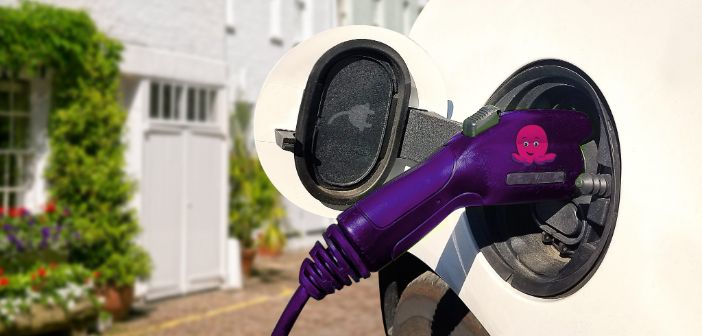The introduction of a 0% Benefit in Kind (BIK) tax for EVs has resulted in the number of drivers opting to lease an EV almost doubling, according to figures released by Octopus Electric Vehicles.
In April, the UK government eliminated a 16% BIK tax for drivers purchasing an EV, in a move designed to make leasing an EV through workplace salary sacrifice schemes a more attractive option for drivers.
According to Octopus, those who now lease an EV via salary sacrifice pay for it tax-free, however combustion vehicles are still subject to an average of 27% BIK tax when using salary sacrifice.
Research by the company indicated a growth in EV leasing has contributed to a 157% increase in total EV registrations so far this year, as combustion car sales decreased by an average of 52%. The study also took into consideration the shift to car leasing following the coronavirus pandemic as commuters continued to avoid public transport.
Fiona Howarth, CEO of Octopus Electric Vehicles, said: “The Impact of the last six months has been staggering. Changes to Benefit in Kind tax have been a financial game changer for EV leasing.
“Add this to brilliant electric cars hitting the market and huge savings on running costs versus petrol cars, and EVs are a total no brainer. It’s no wonder then that we are seeing a huge boom, with the number of companies ordering EVs via our salary sacrifice scheme growing five-fold since April.”
Similar to the system employees use for tax-free pension contributions and cycle to work schemes, the EV salary sacrifice allows employees to pay for vehicles from their gross salary, saving on both national insurance and income tax.
Octopus said that, by combining salary sacrifice and 0% BIK, monthly leasing payments were 30-40% lower, with a saving of up to £2,589 per year in some cases.
However, BIK tax for EVs is set to increase to 1% in April 2021 and 2% in 2022.





